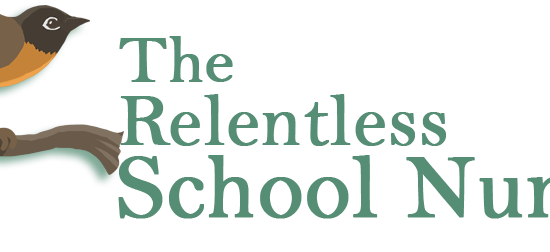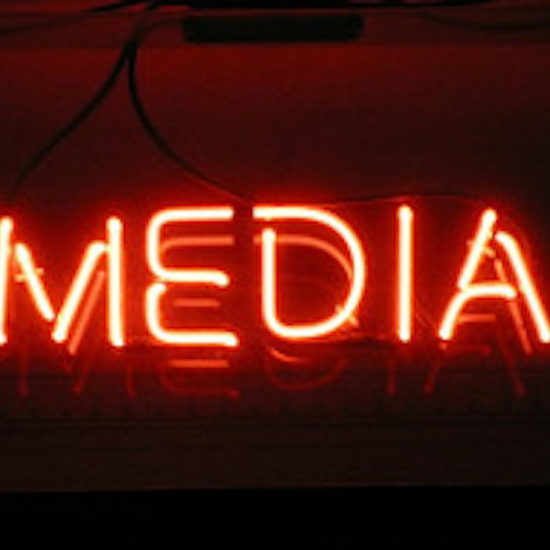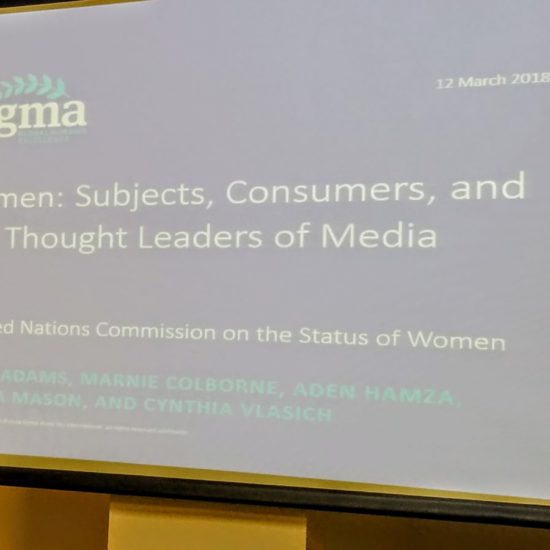
Journalists reflect society as a whole, changing the public’s view of nursing means educating health reporters. Why do journalists who cover health care use or not use nurses as sources in stories?
Educating health reporters to diversify their sources to include nurses will help move the needle. More will be needed.
What’s nursing’s role in being invisible in the media? Are we unheard, or are we not putting our voices out there? To increase nurses as sources in the media demands strategic actions to prepare nurses to be media competent.
Elevate Nursing’s Voice with Media Training, was my presentation at the American Association of Colleges of Nursing Deans Annual Meeting on March 24th in Washington, DC. My charge to the Deans was to be the movers and shakers and act to make nurses more visible and powerful in the media.
The Women’s Media Center The Status of Women in the U.S. Media 2017 reports that men still dominate media across all platforms and women are not equal partners in sourcing and interpreting what and who is important in the story.
Nurses are 90%+ women and underrepresented in media coverage of health news. Are nurses prepared to be media sources? Nursing can gain media competency that teaches them strategic messaging, on-camera experience and how to translate their published research results into a pitch telling the journalist why this matters to the public. The Center’s Nurse Messenger Media Training delivers these skills with the potential to turn nurses into media mavens.
The Tweet screen shots below were posted by #AACNDeans18 attendees during the presentation.
Media tip: Journalists find stories on Twitter.











